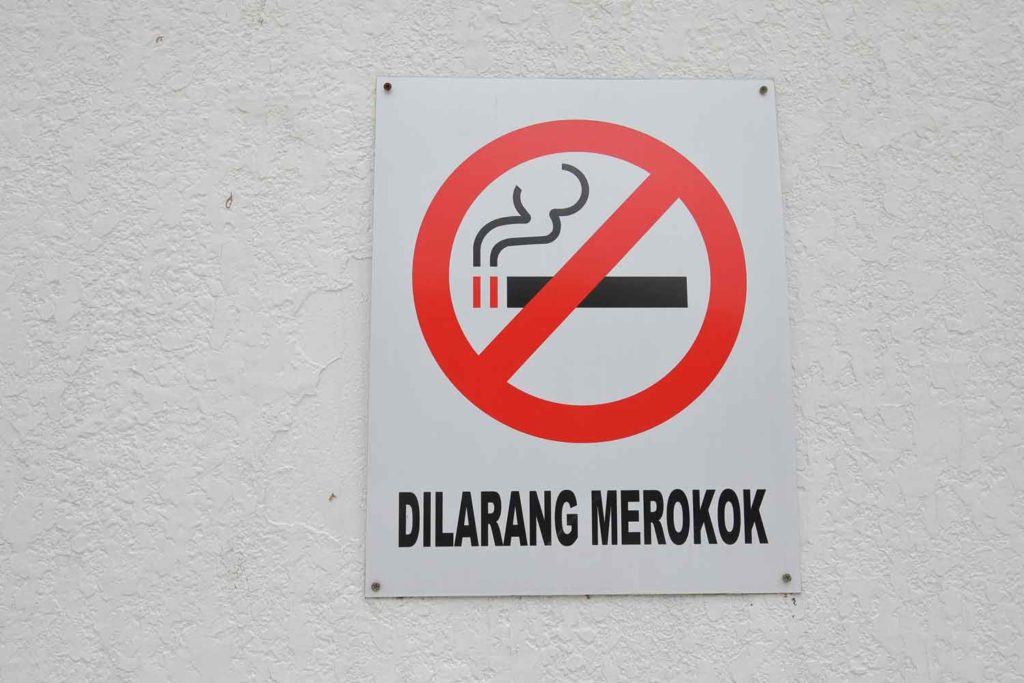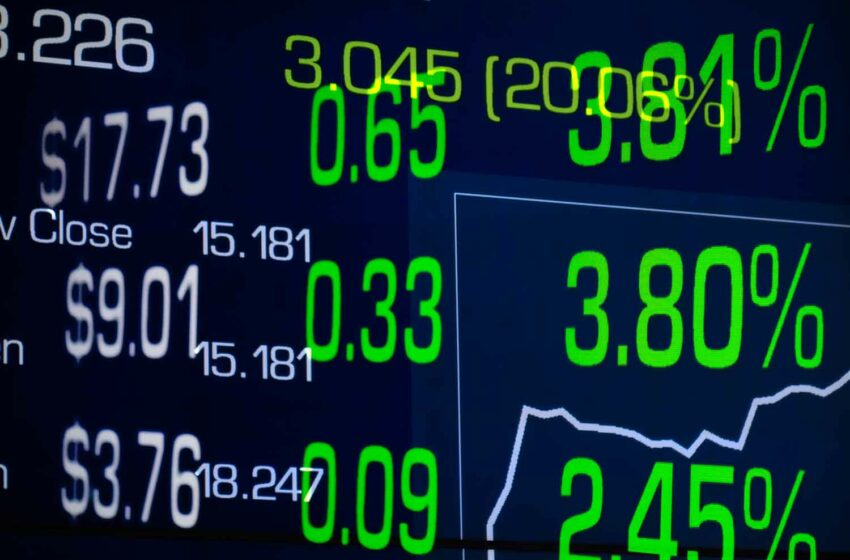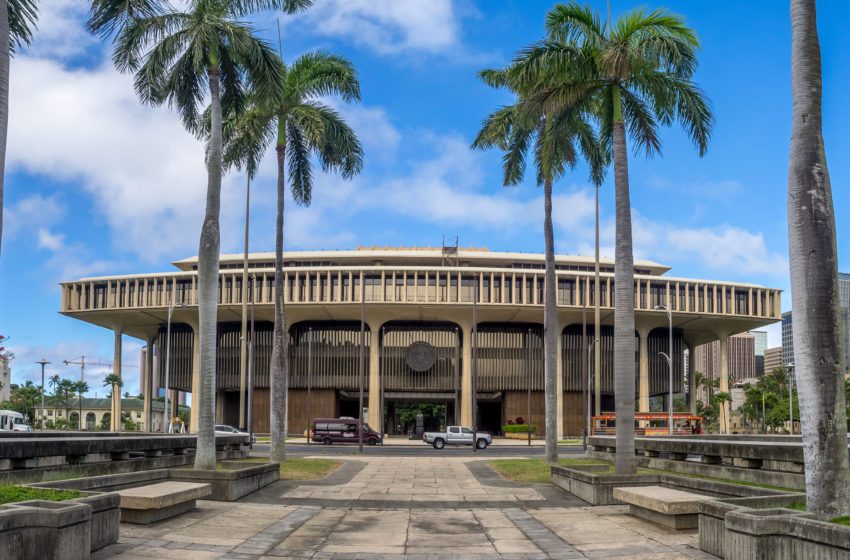
Malaysians are skeptical about the effectiveness of a plan to prohibit the sale of tobacco and vapor products to those born after 2005, according to a survey by the Retail and Trade Brand Advocacy (RTBA) Malaysia Chapter that was relayed the New Straits Times.
In January, Malaysia’s health minister, Khairy Jamaluddin, said he wanted to ban smoking for the next generation of Malaysians, following the example of New Zealand, which announced a similar policy in December.
Eighty-five percent of respondents to the RTBA survey said the ban would not work and would create a black market for cigarettes and vape products. They also said that the ban would be difficult to enforce and ultimately impact Malaysia’s legal and local businesses.
“Banning is not a solution,” said RTBA Malaysia managing director Fazli Nordin. “For example, vape products containing nicotine are currently prohibited from being sold in the market. Yet there is consumer demand for vape products containing nicotine. Worst still is the tobacco black market, where Malaysia has the highest level of illegal cigarettes in the world, driven by the huge price gap between legal and illegal products.”
Nearly 1,200 Malaysians participated in the survey by RTBA Malaysia, which is a non-governmental organization that safeguards businesses from criminal conduct.
While Malaysia’s plans were inspired by New Zealand’s, they differ in that New Zealand does not plan a ban on vapor products, according to Fazli.
“Instead, the country promotes vape as a less harmful alternative and encourages New Zealanders to make the switch from traditional cigarettes,” he said.
A recent study revealed that encouraging smokers to switch to vape as a less harmful alternative would help Malaysia reduce the smoking population to 4 million by 2025.
The report estimated that such a strategy would help the country to reduce its spending on treating smoking-related diseases by MYR1.3 billion ($310.21 million) in 2025.











